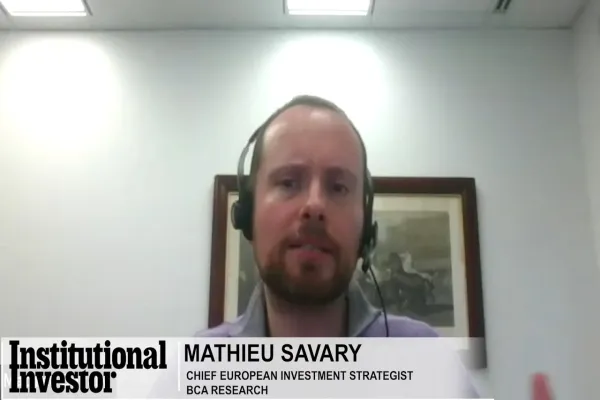A German central banker is urging European banks and fund managers to hold cash in case their governments default.
“In Europe, we have been witnessing debt haircuts and other symptoms of sovereign overburden,” Andreas Dombret, an executive board member at Germany’s Bundesbank, said Monday at the Annual Conference on the Banking Union in Frankfurt. “Euro-area credit institutions do not need to hold any capital against the default risk of their member states. This is remarkable, since sovereign bonds account for a significant part of bank assets in the euro area.”
Dombret warned that without more stringent regulation, “a sovereign solvency crisis risks triggering a solvency crisis at banks.” He made his comments the same day that the Hellenic Statistical Authority announced economic data showing Greece returned to a recession during the first quarter.
Earlier this year, the International Monetary Fund noted some of its concerns relating to Greece’s debt levels. The country’s €115 billion (about $126 billion) of tax and social security debt to the state is by far the highest in Europe, close to 70 percent of its gross domestic product, the IMF said in a February report.
“This excessively large debt burden weighs on the balance sheets of companies and individuals, hindering investment, consumption, and the resumption of growth,” the IMF said in the report.
In another sign of weakness in the Eurozone, Fitch Ratings last month lowered Italy’s sovereign credit rating to BBB from BBB+ rating. Fitch said in an April 21 report that the country’s track record of “fiscal slippage” and weak economic growth were partly to blame for its “failure to bring down the very high level of general government debt.” This has left Italy “more exposed to potential adverse shocks,” the credit rater said.
British investors remain cautious on the outlook for Eurozone sovereign debt.
“Our long-term structural view on Europe is that it needs to adjust quite meaningfully if it’s going to survive in its current form,” said James Vokins, a fixed-income portfolio manager at Aviva Investors.







